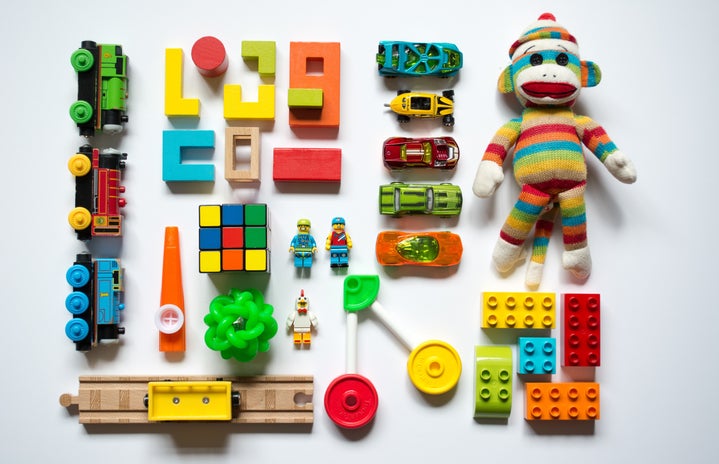“Every child you pass in the hall has a story that needs to be heard. Maybe you are the one meant to hear it.” –Bethany Hill
Source: https://counselandcreate.weebly.com/create
This class was an eye-opening experience for me. Before I took the Early Childhood Lab practicum as a class, I forgot how it felt to work with children aged four years old. Originally, I had more experience working with elementary school children in their second-grade to fifth-grade years. Although some people might assume that the ECLS is simply a daycare/childcare, it is far from that. I will list some valuable life lessons that I learned from this experience.
Note: I will leave out names of people to maintain anonymity, as well as other more personal information.
- Children Don’t Want to Be Talked Down to…They Want to Feel Like Your Equal
I noticed that the children loved it when I told them not just imaginative stories, but realistic stories in my day-to-day life during college. It made them feel more comfortable around me and like I was seeing them as an equal. For children who are constantly scolded or treated like they are inferior, there could be negative outcomes for them. According to the article I read called “Offering Children Choices: Encouraging Autonomy & Learning While Minimizing Conflicts,” offering children monitored choices can allow them to feel like they have more freedom in life, encouraging them to develop a trusting relationship with their teacher (Grossman). Children may not feel as comfortable if someone is strict with them and does not offer choices, causing them to close themselves off from their teacher. There could possibly be negative consequences in the future, such as delinquency.
Source: UMass Global
- It is Important to Consult With Other Practicum Students/Faculty About Your Care Group
Last week, I found out different information about the children from other practicum students who see the children on different days. Some children behave differently during different times of the day because of how they feel. This is valid, as I feel like I still do this quite frequently as well. I felt like this was important for me to know so that way, I could know more about the children and develop a closer bond with them. The Lead Preschool Teacher and Child Development Demonstration Lecturer who work directly with the children and have seen them around for a year are also extremely helpful at giving you important advice. This allowed me to adjust more quickly to the practicum’s overall schedule and activities that are done.
- You May Grow an Attachment to Them
For me, I did not see the children as a burden. I felt this sense of responsibility as an older sister and really enjoyed seeing them two days a week. Some people may not feel the same way if working with children is not for them, which is completely fine. I did not expect to grow attached to them since I only have a twin sister and my cousins back in South Korea are all teenagers. It was sad to see one of the children leave my care group; their parents were transferring them to another preschool. I still cannot believe that it is about to be week 8, meaning that I only have six more days that I am spending time with them this quarter! 🙁
- There is a a Lot of Social-Emotional Guidance Counseling Involved
We want to ensure that the children know how to do basic Activities of Daily Living, helping them understand empathy, being the mediator to resolve conflicts, fostering friendship skills, teaching them about extrinsic/intrinsic motivation, learning about their temperament, scaffolding their skill development, and communication strategies. Working in a hands-on environment in-person was a different experience in providing social-emotional guidance counseling for the children, as I was used to doing remote work since COVID-19. I was able to provide hugs, make eye contact, etc. and other nonverbal cues, which helped children when they were crying over being upset about something difficult for them.
_________________
Overall, this experience with counseling children motivated me to pursue a career as an Marriage and Family Therapist with a specialization in children and families. I realized there was a lot more applicable knowledge I could apply directly from my degree, especially since there is a specialization track called Children and Families Across the Lifespan. I was interested in becoming a Speech Therapist or a HR Generalist at first, but it completely changed my mind when I saw how the children loved seeing me and I loved seeing them. I am glad that I was able to have the opportunity to change their lives for the better. 🙂


